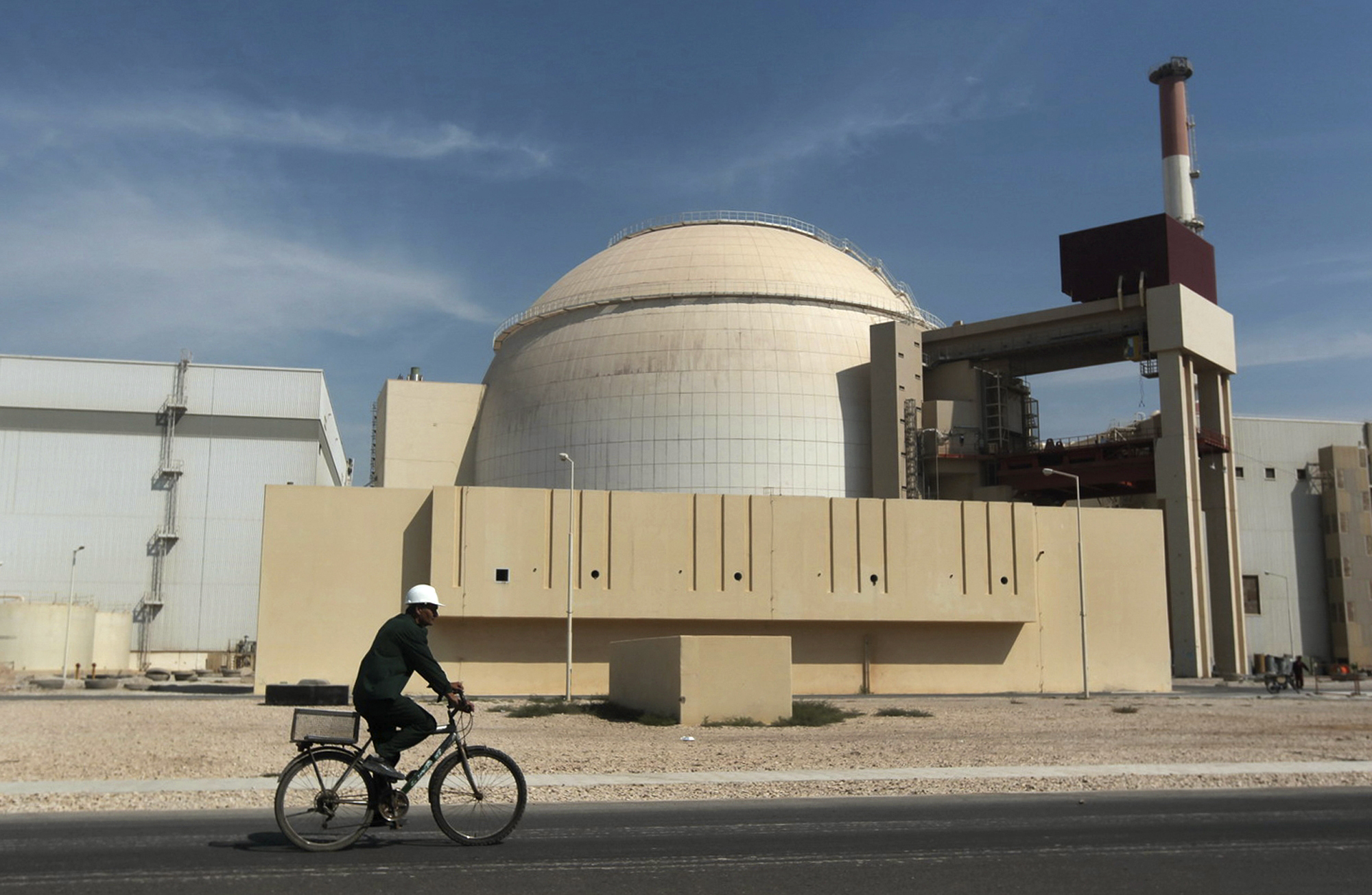Should the United States take military action against Iran? While this may sound like a random question without much context, it’s one that often pops up whenever something horrible happens in the Middle East.
Some lawmakers are on record advocating for the use of force. Two days after Hamas slaughtered approximately 1,200 people in southern Israel and took another 240 captive last year, Senator Lindsey Graham (R-S.C.) went on TV and advised President Joe Biden to hit Tehran hard. “If there is an escalation in this conflict, if hostages start getting killed, if Hezbollah in the north attacks Israel in strength, we should tell the Ayatollah we will destroy your oil refineries and your oil infrastructure,” he said.
The senator repeated that recommendation on Aug. 25, arguing that it was the best way to compel the Iranians into forcing Hamas to free the remaining hostages. Others have written that the U.S. should give Iran an ultimatum—eliminate the nuclear program—and pursue a military campaign if Supreme Leader Ali Khamenei refuses it.
Yet U.S. military force against Iran will have first and second-order effects, all of them negative.
AP Photo/Mehr News Agency, Majid Asgaripour/AP Images
First, it’s not clear that threatening Iran with military action would do much of anything to get the 97 or so hostages in Gaza back to their families. Although it’s true that Tehran has some influence over Hamas by virtue of the cash it provides to the Palestinian terrorist group—in 2020, the U.S. State Department assessed Hamas received $100 million from the Iranians—it’s also true that Hamas earns more cash from other sources. Hamas, after all, was a de-facto government in Gaza for more than a decade, had a monopoly of force inside the Palestinian enclave throughout that time, and was able to control the smuggling tunnels that brought weapons and basic goods into the strip. Those goods were taxed by Hamas, as were the businesses in Gaza, netting the group around $300 million in revenue—triple what Iran provided. In short, there is only so much leverage Iran has over Hamas. And even if Iran did pressure Hamas into releasing the hostages—a dubious proposition in itself—it’s not certain Hamas leader Yahya Sinwar would accede to it.
Second, U.S. military action would be a difficult undertaking, not because the U.S. military is incapable of executing such a mission but rather because it would be a taxing enterprise. Depending on the scope and scale of the operation, the U.S. would have to utilize dozens of fighter and bomber aircraft, a constellation of air defense batteries based in the Middle East to shoot down whatever missiles Tehran shoots back in retaliation—given the 40,000 U.S. troops based in the region, Tehran has a lot of targets to choose from—as well as potentially dozens of naval vessels, both surface and underwater, to deter a larger Iranian response and ensure the U.S. has enough coverage to defend its Persian Gulf bases. The U.S. would likely keep these assets in the Middle East for months, forcing other U.S. combatant commands, like the Indo-Pacific, to do more with less.
And what would U.S. military action inside Iran achieve? If it’s designed to destroy Iran’s nuclear program, then all the bombs in the world won’t do it. Sure, enrichment facilities, centrifuges, manufacturing plants, and the enriched uranium stockpile the Iranians have accrued over the years would be wiped out. But the knowledge Iranian nuclear scientists have built up over the last three decades would still be there. That institutional knowledge would be put back into service after Washington’s military operation concluded—except this time, the International Atomic Energy Agency (IAEA) won’t have the access or monitoring equipment to understand what Tehran is doing, where, at any given time. Is this really preferable to the current situation, in which the IAEA possesses at least some insight into Iran’s nuclear work?
Finally, let there be no doubt—the most efficient way to convince the Iranian government to weaponize its nuclear program is to bomb the program into smithereens. While this may sound counterintuitive, it’s highly likely Khamenei, the Islamic Revolutionary Guard Corps (IRGC), and the Iranian security services would learn a key lesson from the experience. If Iran had nuclear weapons, the Americans would at least think long and hard before dropping bombs on Iranian soil. This wouldn’t be an unreasonable assumption; the United States has never attacked a nuclear weapons power for the simple reason that doing so could unleash an escalation spiral that could get out of control.
Despite the growing stockpiles of 60-percent enriched uranium and the installation of more advanced centrifuges, the U.S. still assesses that Iran has not yet made the decision to weaponize the program and construct an actual nuclear device. A war with Iran will change Tehran’s security calculations for the worse.
Daniel R. DePetris is a fellow at Defense Priorities and a syndicated foreign affairs columnist at the Chicago Tribune.
The views expressed in this article are the writer’s own.
